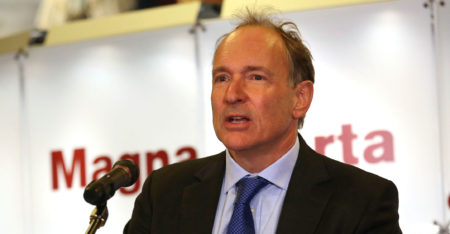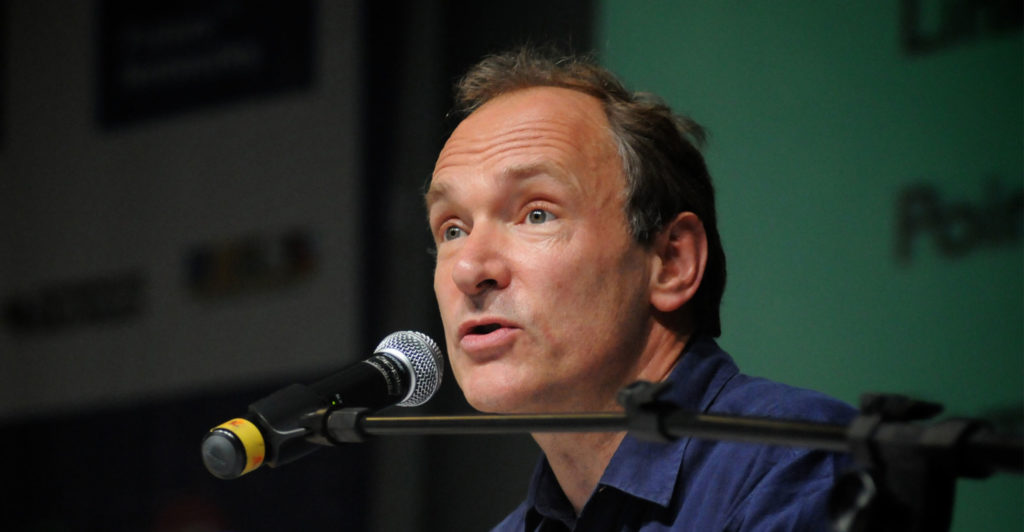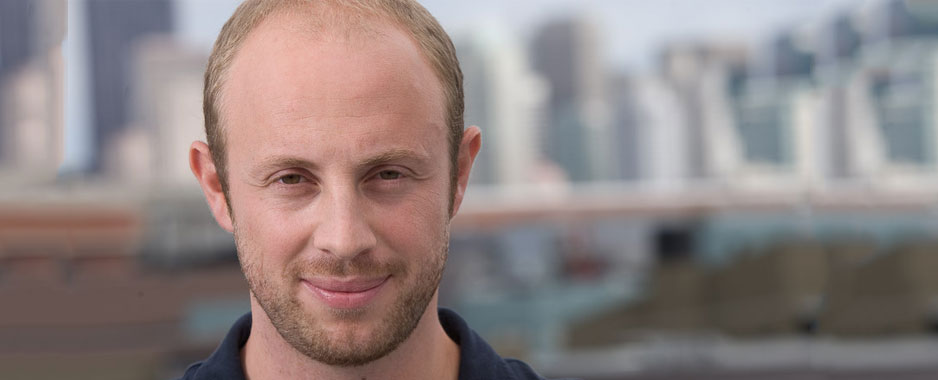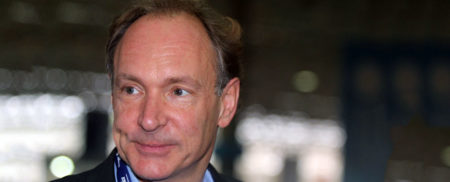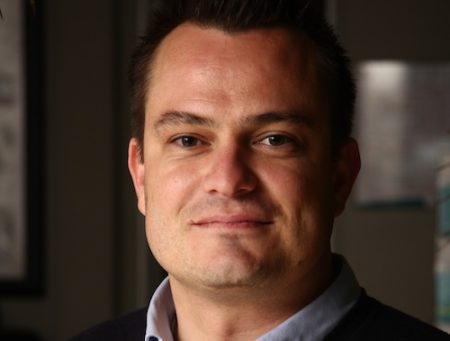Thirty years after the World Wide Web was created, a third generation of Web technology might offer a way to enable better user control, more competition between Internet firms and less dominance by the large corporations.
Browsing: Tim Berners-Lee
Sir Tim Berners-Lee, the inventor of the World Wide Web, has called on the public and politicians to “come together” to end its misuse in a letter to mark the technology’s 30th anniversary.
With due respect to Tim Berners-Lee’s attempts to recreate the bright-eyed enthusiasm of the Internet’s early years, the Web is long past attempts at self-regulation and voluntary ethics codes.
The World Wide Web is 28 years old. But these days it often appears to have the growing pains of a teenager. There’s the scourge of fake news, growing pockets of censorship around the world
More than 20 years after the first Web server started bringing the Internet into our lives, a recent conference in San Francisco brought together some of its creators to discuss its future. The general tone of the conference
The Hypertext Transfer Protocol, or HTTP, is a key component of the World Wide Web. It is the communications layer through which Web browsers request Web pages from Web servers and with which Web servers respond with the contents of the page. Like much of
State, a fast-growing international social communications network built around user sentiment and personal opinion, has been launched in South Africa. The London-based State was founded by British-Lebanese entrepreneurs and brothers Alexander and Mark Asseily. They want to change the way we look at social networks by
Twenty-five years to the day after he published the idea for the World Wide Web, computer scientist Sir Tim Berners-Lee has called for an online Magna Carta to protect his invention from governments and corporate influence. In an interview with The Guardian, a British newspaper, Berners-Lee said
The official party for the Mobile World Congress 2010 in Barcelona was at Montjuic Palace, hosted by British comedian Stephen Fry. His opening line was that the cellular industry confab was like a sex party for him because he was such a lover of gadgets. He admitted to owning 17 phones, 14 of which he actually bought himself



